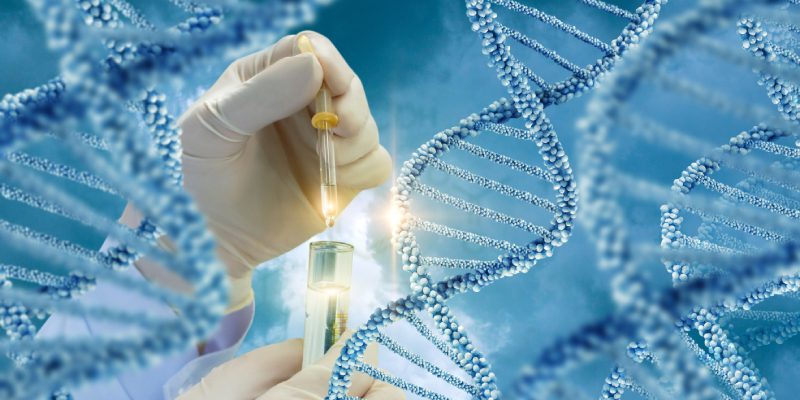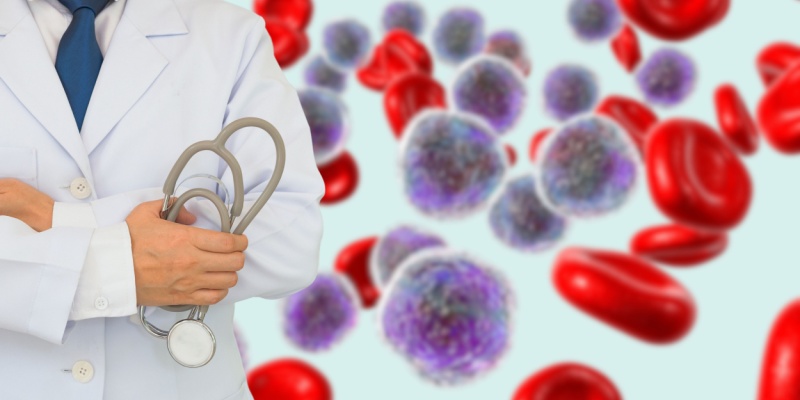
Several factors, including post-treatment clone size, can predict overall survival (OS) in patients with azacitidine-treated myelodysplastic syndromes (MDS) or related myeloid neoplasms.
Yasuhito Nannya, MD, PhD, of Kyoto University in Japan and colleagues conducted the research to “elucidate the effect of gene mutations on hematological response and [OS], particularly focusing on their post-treatment clone size.”
They enrolled 449 patients who had MDS or related myeloid neoplasms. All patients had pretreatment bone marrow samples, while 289 had post-treatment bone marrow samples. The researchers used targeted capture sequencing on the pretreatment and post-treatment samples to “assess the impact of gene mutations and their post-treatment clone size on treatment outcomes.”
Multihit TP53 mutation (hazard ratio [HR], 2.03; 95% CI, 1.42-2.91; P<.001), EZH2 mutation (HR, 1.71; 95% CI, 1.14-2.54; P=.009), and DDX41 mutations (HR, 0.33; 95% CI, 0.17-0.62; P<.001), together with age, high-risk karyotypes, low platelet, and high blast counts, independently predicted OS.
Post-treatment clone size, with all drivers accounted for, significantly correlated with International Working Group (IWG) response (P<.001) except for in the case of DDX41-mutated clones, which did not predict IWG response.
DDX41-mutated cases “intrinsically showed better response” to azacitidine treatment than wild-type DDX41 cases but “are not stratified into subgroups with distinct OS even using [Molecular International Prognostic Scoring System] or post-clone size, suggesting that DDX41-mutated MDS should be separately evaluated in OS prediction.”
Combining IWG response and post-treatment clone size “further improved the prediction of the original model,” the study’s authors wrote, adding that it also improved upon the Molecular International Prognostic Scoring System predictions (c-index, 0.653 vs 0.688; P<.001, likelihood ratio test).
“In conclusion, evaluation of post-treatment clone size, together with pretreatment mutational profile as well as IWG response have a role in better prognostication of azacitidine-treated myelodysplasia patients,” Dr. Nannya and colleagues concluded.
Reference
Nannya Y, Tobiasson M, Sato S, et al. Post-azacitidine clone size predicts outcome of patients with myelodysplastic syndromes and related myeloid neoplasms. Blood Adv. 2023. doi:10.1182/bloodadvances.2022009564






 © 2025 Mashup Media, LLC, a Formedics Property. All Rights Reserved.
© 2025 Mashup Media, LLC, a Formedics Property. All Rights Reserved.